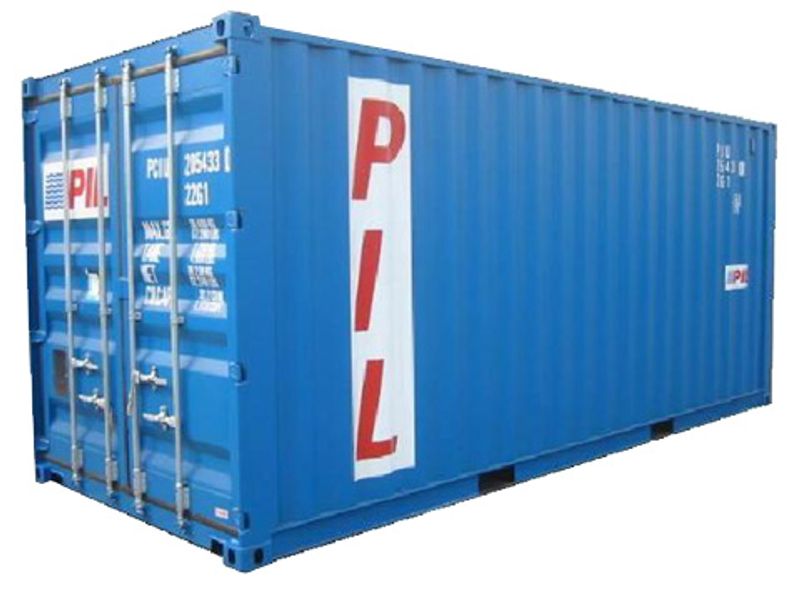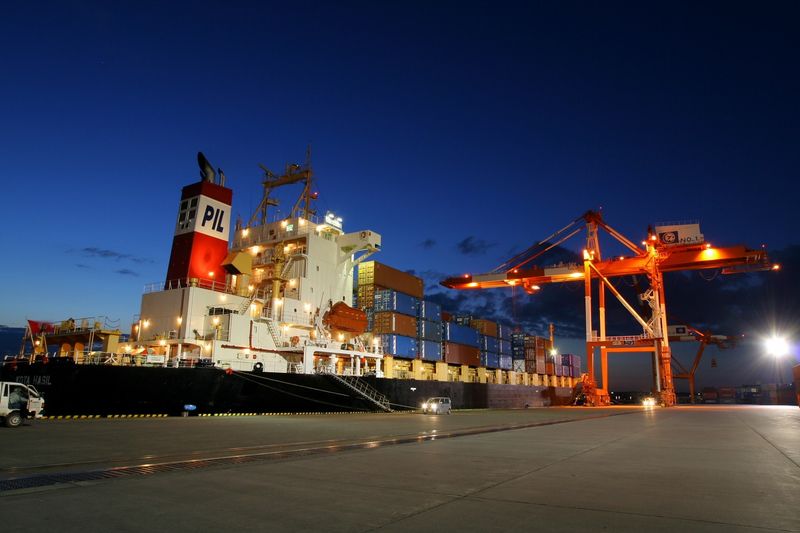PIL Bill of Lading Tracking
Track your PIL bill of lading easily
Are you sure to clear all of your tracking history?

PIL Bill of Lading Tracking
The bill of lading is a document and evidence of delivery of the cargo to the shipping line. After delivery of the full loaded containers to PIL shipping line, the shipping company will issue the bill of lading based on a procedure. Having this bill of lading (BL) number, you can easily track your cargo via PIL bill of lading tracking on Visiwise.
About PIL
Incorporated since 1967, Pacific International Lines has developed from a coastal ship-owner/operator in Singapore, into one of the largest ship-owners in Southeast Asia with a focus on Asia-Africa and the Middle East. Today, PIL is ranked 10th amongst the top containership operators in the world, offering container liner services and multi-purpose services at over 500 locations in 100 countries worldwide, employs about 18,000 employees worldwide.
PIL currently operates Container Liner Services covering the whole of the Far East to: Europe, Canada, the Indian sub-continent, Red Sea/Gulf, Africa, Australia, New Zealand, Latin America and West Coast of USA.
PIL currently also offers a direct link for project and break bulk shipment through its Multi Purpose Service from the Far East to Africa and Asia.
| Employees (including seafarers) | 18,000+ |
| Vessels | 160 |
| Location served by PIL | 500+ |
| Website | www.pilship.com |


What is bill of lading tracking?
bill of lading tracking refers to the process of monitoring and tracing the movement of shipping containers from their origin to their destination. It involves the use of technologies such as GPS, RFID, and data communication networks to provide real-time or near real-time visibility into the location and status of containers.
Why is bill of lading tracking important?
Generally, bill of lading tracking offers a range of benefits, including enhanced supply chain visibility, improved operational efficiency, timely delivery, risk management, customer service, and compliance. It empowers businesses with the necessary information to optimize their logistics processes, make informed decisions, and ensure the smooth and secure movement of goods throughout the supply chain.
Who uses tracking tools?
Various stakeholders use bill of lading tracking tools, including shippers, consignees, freight forwarders, logistics providers, and customs authorities. These tools enable them to track and monitor containers throughout the supply chain.
How can users find PIL tracking numbers?
To find a PIL tracking number, users typically receive it from the shipping company or logistics provider when they book their shipment. It is usually a unique alphanumeric code assigned to each container. Users can also find the tracking number on shipping documents, invoices, or through online platforms or mobile applications provided by the shipping company.
What kind of data users get after bill of lading tracking?
After bill of lading tracking, users can obtain a range of data depending on the tracking system and service provider. Shipup provides you the Arrival and Departure, Location and Vessel Tracking, route, Movements (Milestones), Port and Terminal, and Rail Data.

